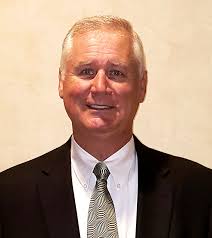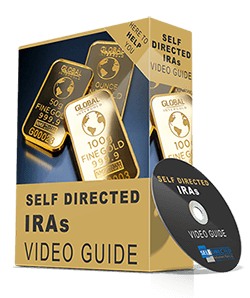Have you changed jobs multiple times throughout your career? If so, you may have left behind a trail of old 401(k) accounts. While it’s easy to forget about these accounts, they could hide significant money contributing to your retirement savings.
Do you want to know how to find old 401k accounts and what to do with an old 401(k)? If so, you’ve clicked the correct link. Keep reading!
4 Proven Ways to Find 401(k) Old Accounts
Discovering your old 401(k) accounts can be easier than you think! Here are four tried-and-true methods to help you track them down. Let’s dive in and start reclaiming what’s rightfully yours!
- Make Contact With Your Former Employer
The easiest and most obvious approach to locate your previous 401(k) funds is to contact your former employer. They can supply you with the appropriate information, such as the contact information for the plan provider and any applicable account numbers. - Locate Old 401(k) Plan Statements
You might be able to find lost 401(k) account statements if you keep track of your old financial documents. These statements typically provide extensive information about your account, such as the plan provider’s name, account number, and contact information. Also, examine your old emails and any digital folders where these assertions may be saved. - Locate 401(k) Plan Information at the Labour Department
If contacting your former employer or locating old plan statements fails to provide results, you might resort to the United States Department of Labour. The Labour Department keeps track of abandoned and unclaimed retirement funds in a database. For help, you can check their website or contact their Employee Benefits Security Administration (EBSA). - Look for Unclaimed Assets in Databases
Additional tools are available to find lost 401(k) in addition to the Labour Department’s database. Employers are obligated to disclose unclaimed retirement funds in some states’ unclaimed property databases. Search these databases using your name and the names of your past employers.
What to Do With an Old 401(K) – You Have 4 Choices
Congratulations! Now you know how to find old 401(K) accounts. But what should you do with it?
Here are four alternatives to consider:
- Hand it Over to Your Former Employer
You may leave your old 401(k) accounts with your prior company if they allow. This might be a convenient alternative, especially if you are happy with the plan’s investing options and expenses. However, remember that you won’t be able to contribute more to this account. Also, this account needs to be managed independently. - Transfer it to Your Current Employer’s 401(k)
If your current workplace has a 401(k) plan and enables rollovers, you may want to move your previous 401(k) money into your new account. This option streamlines your retirement savings by combining all your accounts into one. It also allows you to keep contributing to your retirement savings. - Transfer it to an Individual Retirement Account (IRA)
If you desire greater control and flexibility over your investing options, converting your 401(k) to an Individual Retirement Account (IRA) may be the best option. IRAs provide a wide range of investment alternatives. Depending on your unique requirements and aspirations, you can pick between a standard IRA and a Roth IRA. - Cash It In
When it comes to what to do with an old 401(k), one of the most enticing options is cashing it out. But this should only be used as a last option when facing a financial emergency. Why? It’s because you might incur taxes and penalties on the amount removed. You also forfeit the possibility for your assets to grow tax-deferred or tax-free.
Finding old 401(k) accounts may be an exciting adventure that might increase your retirement funds. Following the tried-and-true strategies suggested in this blog article can boost your chances of recovering these misplaced valuables. When identifying it, carefully assess your alternatives and the suggestions mentioned here!
Remember that making educated decisions that match your long-term financial goals is critical. If you want assistance or have any issues, don’t hesitate to contact us at Self-Directed Retirement Plans LLC.
Need assistance organizing your finances?

Rick Pendykoski is the owner of Self Directed Retirement Plans LLC, a retirement planning company based in Goodyear, AZ. He has over three decades of experience working with investments and retirement planning, and over the last ten years has turned his focus to self-directed ira accounts and alternative investments. If you need help and guidance with traditional or alternative investments, call him today (866) 639-0066.




